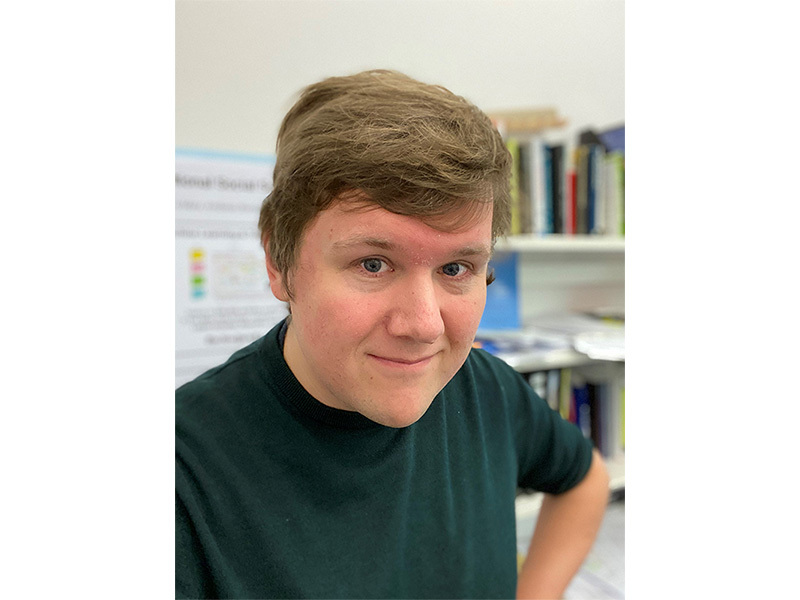
© ronstik / Adobe Stock
How Difficult Texts Can be Made Understandable Automatically
The computer scientist Hendrik Heuer develops applications that can help with the understanding of complex texts
Around 6.2 million adults in Germany have problems in understanding challenging texts according to the “LEO 2018 - Leben mit geringer Literalität” study. Complex texts that are important for us yet are difficult to understand can be found everywhere in day-to-day life. How can those affected be supported daily? Dr. Hendrik Heuer from the Information Management research group at the University of Bremen is working on this topic in the field of artificial intelligence: He wants to develop applications that make texts more understandable..
Mr. Heuer, what exactly do you do? You program an app, someone scans a text with said app, and it produces a version that is linguistically simpler?
It would be great if that was possible. The topic is unfortunately far too complex for that. First, you have to ask: What is the aim? There is so-called simple language in German that is clearly defined and adheres to certain rules. The language is aimed at persons with learning difficulties. A text that has the simple language stamp has been assessed by two people who are also dependent on such language. It’s therefore quite a formal process. Such texts are, for example, published on public authority websites much like the University of Bremen. My work starts one step earlier and targets a larger group. I want to build tools that support people in making their texts more understandable and I develop said tools in close cooperation with future users. My focus is not only on simple language
What is your approach?
Prior to getting started, I talked to a number of experts from different fields in order to understand what I need to consider. The first open question was: Who makes up the target group? Is it people with learning difficulties or non-native speakers? I have now gathered a number of ideas from these discussions. I am currently undertaking a study to find our which of these ideas are truly helpful for which target group. I am, however, also looking at the matter of how it is possible to avoid users feeling that they are not being taken seriously.
What will the final application look like?
I’ve specifically not planned that as it will be based on what the target group needs. Based on the interviews with the experts, I have been able to create three example situations in which simple language is particularly important: When going to the doctor’s office, with regard to the corona regulations, and for elections. In all scenarios it is of utmost importance that the target group correctly understands the information in its entirety.
How are you going to find out in which of these scenarios artificial intelligence can help?
By collecting the opinions of many potential users. I am currently carrying out a survey where the target group tells me what support is wanted in these situations. All people who can profit from the applications are invited to take part - thus, both people with impairments and non-native speakers, as well as people close to them. By doing the survey, I am trying to investigate which possible tools are helpful.
About Hendrik Heuer

© Hendrik Heuer
Dr. Hendrik Heuer is a researcher at the University of Bremen. His research focuses on disinformation, understandable language, and user experiences with machine-learning systems, especially YouTube. He studied Digital Media, Human-Computer Interaction, and Machine Learning at the University of Bremen, the State University of New York at Buffalo (USA), the KTH Royal Institute of Technology (Sweden), and Aalto University (Finland).